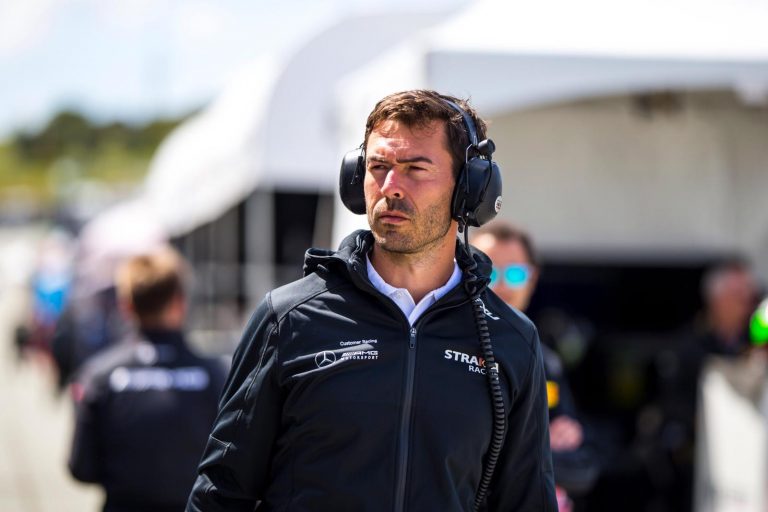
Paul Walker
Performance Coach
MEng (Aeronautical Engineering), PhD (Sports Technology)
I have not had the most orthodox route into Performance Coaching. Originally studying Aeronautical Engineering at Loughborough University, I quickly found myself splitting my time between my studies and training as an athlete myself. However, I found completing my PhD in Sports Technology perfectly complimented my desire to improve, train and extend my athletics career. Although I no longer work within engineering, I still use a lot of the principles learnt; a clear understanding of scientific research, a thorough approach to thinking things through and a rigour to record-keeping that filter into my coaching. As an athlete myself, I competed in two Commonwealth Games for Wales in the Pole Vault and am still the National indoor record holder. These experiences gave me first-hand knowledge of the performance environment, a chance to observe some of the worlds’ best coaches in action on a daily basis, and the opportunity to train with some truly world class athletes.
Within my coaching, my strength is my desire to keep learning. I see the performance as a puzzle, and enjoy trying to figure out the most efficient way to get the best out of a client. This means that ultimately I’m a generalist. I find that very rarely do you need to apply extremely complicated, ground-breaking training methods or nutritional protocols; much bigger wins can be had by making sure that all the low-hanging fruit are taken care of. This could be a simple change such as eating more vegetables, building a consistent morning routine or utilising breath work as a tool to manage stressful situations. In my opinion, performance can only be built from a foundation of health, and depending on how long you wish to continue performing defines how much and how often these foundations need to be maintained. Before joining Hintsa, I worked for the Williams Formula 1 team as their Human Performance Specialist. This role primarily involved working with their world-record breaking Pitcrew to improve the speed of pitstops. The Formula 1 pitstop is widely used as an analogy for the role of organisation and attention to detail within business, but it can be difficult to comprehend the level of preparation and budget that goes into an event that lasts less than 2 seconds without experiencing it first-hand. My role also involved overseeing the health and well-being of the (roughly) 60 members of travelling race crew who travelled across the globe to the 20+ F1 races per season. No easy task. However the scale of the team and the role forces you to be efficient with your actions, prioritising the factors that will give the biggest impact. There is absolutely no space in Formula 1 for wasting time or effort. Outside of work I enjoy anything that uses my brain or body. I read and listen to podcasts and enjoy playing almost any sport.